Changes for the Jewish People
History
Babylon
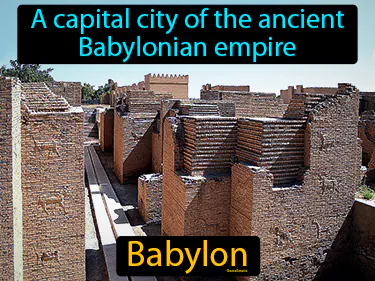
A capital city of the ancient Babylonian empire. Babylon. Babylon was an ancient city known for its rich culture and the famous Hanging Gardens, one of the Seven Wonders of the Ancient World.
canonization
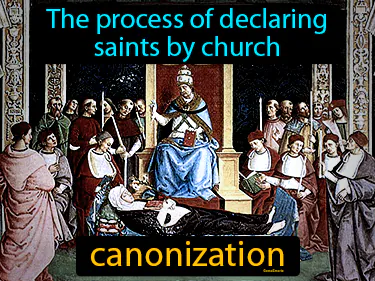
The process of declaring saints by church canonization. Canonization is the act by which the Christian church officially recognizes a deceased person as a saint.
Christianity
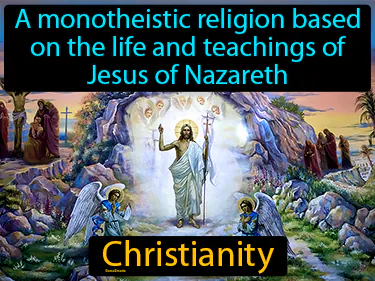
A monotheistic religion based on the life and teachings of Jesus of Nazareth. Christianity. It is a faith that began over 2,000 years ago and centers on the belief in Jesus as the Son of God and the savior of humanity.
Cyrus
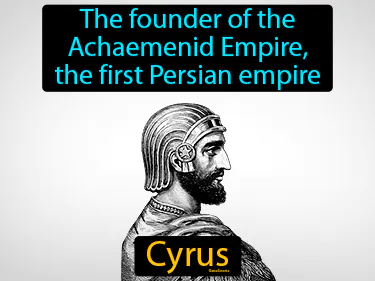
The founder of the Achaemenid Empire, the first Persian empire, Cyrus. Cyrus was a great leader who united the Persian tribes and established a vast empire in ancient times.
Diaspora
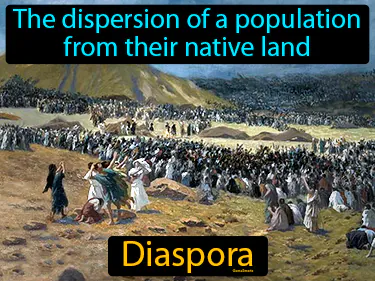
The dispersion of a population from their native land. Diaspora. It refers to the movement or scattering of people away from their ancestral homeland, often due to factors like conflict or persecution.
exile
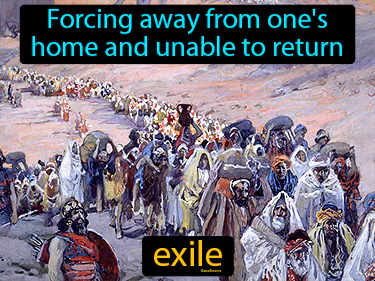
Forcing away from one's home and unable to return. Exile. Exile is when someone is made to leave their country and is not allowed to come back, often for political reasons.
Ezra
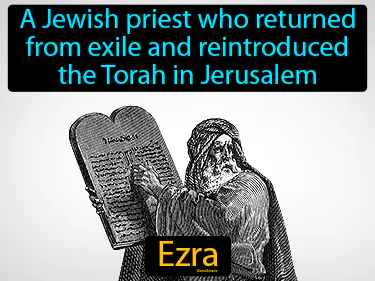
Ezra a Jewish priest who returned from exile and reintroduced the Torah in Jerusalem. Ezra was a key figure in re-establishing Jewish law and tradition in Jerusalem during the 5th century BCE.
Hillel

A Jewish religious leader, sage and the founder of the House of Hillel school of tannaim. Hillel. Hillel was an ancient Jewish scholar known for his teachings and influence on Jewish law and ethics around the time of the first century BCE.
Ishmael
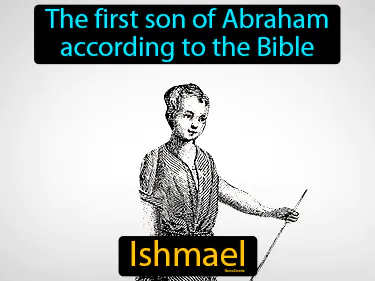
The first son of Abraham according to the Bible, Ishmael. Ishmael is considered the ancestor of many Arab peoples in history.
Islam
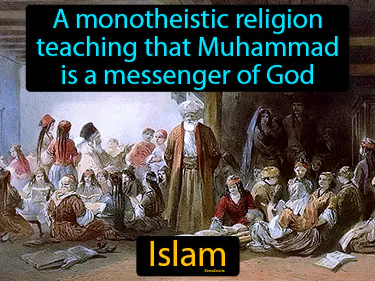
A monotheistic religion teaching that Muhammad is a messenger of God. Islam. Islam is a faith that began in the 7th century in the Arabian Peninsula and teaches the belief in one God, with Muhammad as his prophet.
Jeremiah

One of the major prophets of the Hebrew Bible. Jeremiah. He was a prophet who warned the ancient Israelites about the consequences of straying from their covenant with God.
Jesus
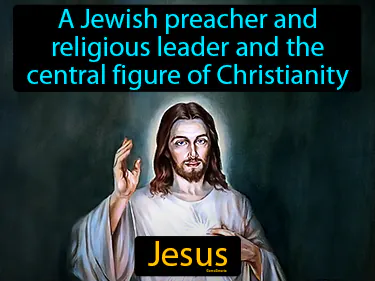
A Jewish preacher and religious leader and the central figure of Christianity. Jesus. In history, Jesus is known as the founder of Christianity, whose teachings form the basis of the religion.
Johanan ben Zakkai
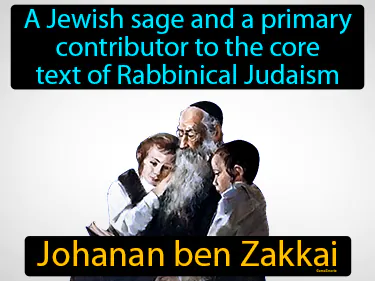
A Jewish sage and a primary contributor to the core text of Rabbinical Judaism, Johanan ben Zakkai. He helped preserve Jewish learning and traditions after the destruction of the Second Temple by establishing a center of study in Yavne.
Judaea
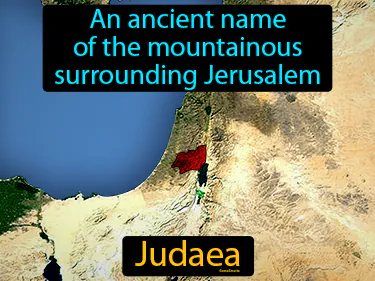
An ancient name of the mountainous surrounding Jerusalem. Judaea. Judaea was a region in the ancient Near East, significant for being a central part of the ancient Kingdom of Israel and later a Roman province.
Judah Maccabee

A Jewish priest who led the Maccabean Revolt against the Seleucid Empire. Judah Maccabee. He was a leader who fought for Jewish independence in the 2nd century BCE.
Muhammad
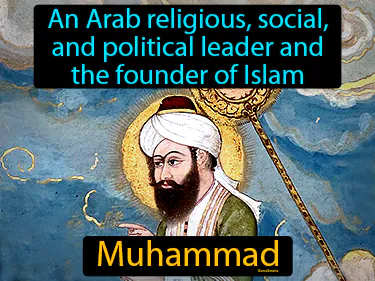
An Arab religious, social, and political leader and the founder of Islam. Muhammad was the prophet who established Islam and united much of Arabia under its teachings in the 7th century.
Naomi
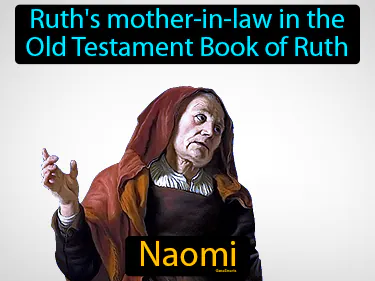
Ruth's mother-in-law in the Old Testament Book of Ruth. Naomi. Naomi is a biblical figure known for her role in guiding and supporting Ruth in ancient Israelite history.
rabbi
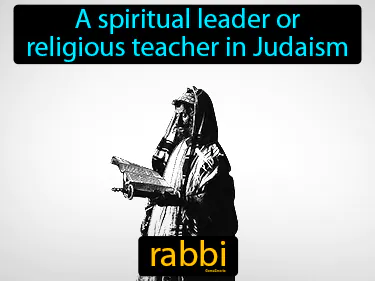
A spiritual leader or religious teacher in Judaism. Rabbi. In History, a rabbi is a Jewish scholar or teacher who leads a community and offers guidance on religious matters.
Ruth
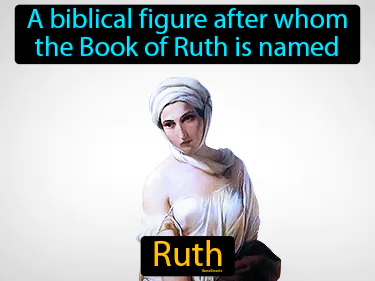
A biblical figure after whom the Book of Ruth is named. Ruth. Ruth is a woman in the Bible known for her loyalty and kindness, and she becomes the great-grandmother of King David.
Simon Bar Kokhba

A Jewish military leader who led the Bar Kokhba revolt against the Roman Empire. Simon Bar Kokhba. Simon Bar Kokhba was a Jewish leader who fought against Roman control in the 2nd century.
synagogue
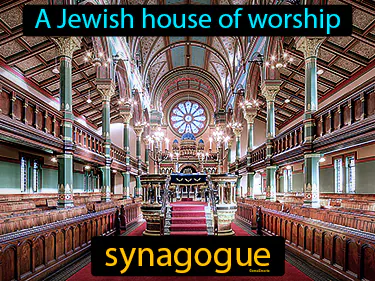
A Jewish house of worship synagogue. A synagogue is a place where Jewish people gather to pray, study, and celebrate their faith together.
theocracy
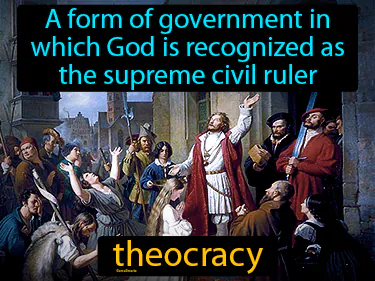
A form of government in which God or a deity is recognized as the supreme civil ruler. Theocracy. In history, a theocracy is a system where religious leaders control the government, like in ancient Egypt when Pharaohs ruled as gods.